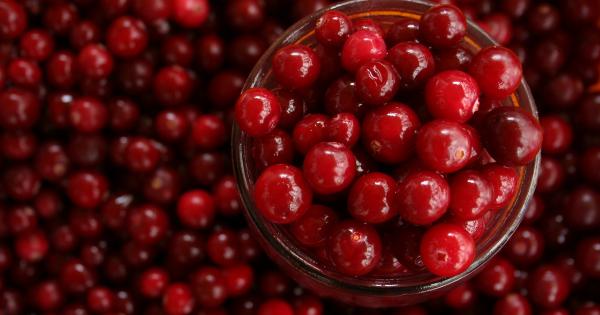High cholesterol is a condition that affects many people nowadays. It can increase the risk of heart disease and stroke, so it’s essential to keep it under control.
Fortunately, there are many simple steps you can take to lower your cholesterol quickly and effectively. In this article, we’ll go over seven of them.
1. Include Soluble Fiber in Your Diet
Dietary fiber is an essential nutrient that plays a crucial role in maintaining healthy cholesterol levels. There are two types of fiber: soluble and insoluble. Soluble fiber is particularly effective in reducing LDL (bad) cholesterol levels.
Foods that are high in soluble fiber include oats, beans, lentils, fruits, and vegetables. The recommended daily intake of fiber for adults is 25 to 30 grams.
2. Cut Back on Saturated and Trans Fats
Saturated and trans fats are the primary culprits behind high cholesterol levels. These fats can raise LDL cholesterol levels while lowering HDL (good) cholesterol levels.
To reduce your intake of these harmful fats, avoid fried foods, red meat, full-fat dairy products, and processed snacks. Instead, choose lean protein sources like poultry, fish, and legumes.
3. Exercise Regularly
Physical activity can raise HDL cholesterol levels while lowering LDL cholesterol levels. It also helps to improve overall heart health.
The American Heart Association recommends at least 150 minutes of moderate-intensity exercise or 75 minutes of vigorous-intensity exercise per week. Keep in mind that exercise can come in many forms, including walking, cycling, swimming, and strength training.
4. Quit Smoking
Smoking can damage the lining of your blood vessels, leading to the buildup of fatty deposits. As a result, it can increase LDL cholesterol levels and decrease HDL cholesterol levels.
Quitting smoking can improve your overall health and reduce your risk of heart disease. If you need help quitting, talk to your doctor about nicotine replacement therapies or support groups.
5. Lose Weight
Being overweight or obese can increase your cholesterol levels and put you at risk of many health problems. Losing even a small amount of weight can help to lower your cholesterol levels.
Aim for a gradual, sustainable weight loss of one to two pounds per week. This can be achieved by eating a healthy diet, exercising regularly, and getting enough sleep.
6. Drink in Moderation
Alcohol can raise HDL cholesterol levels but can also lead to weight gain and other health problems. To lower your cholesterol levels, limit your alcohol intake to one drink per day for women and up to two drinks per day for men.
One drink is defined as 12 ounces of beer, 5 ounces of wine, or 1.5 ounces of spirits.
7. Take Cholesterol-Lowering Medications
If lifestyle changes alone are not effective in lowering your cholesterol levels, your doctor may recommend cholesterol-lowering medications. Statins are the most commonly prescribed medications for high cholesterol.
They work by blocking the production of cholesterol in the liver. Other medications, such as bile acid sequestrants and cholesterol absorption inhibitors, may also be prescribed in some cases.
Conclusion
High cholesterol levels can increase your risk of heart disease and stroke. However, making some simple lifestyle changes can help to lower your cholesterol levels quickly and effectively.
By including more soluble fiber in your diet, cutting back on saturated and trans fats, exercising regularly, quitting smoking, losing weight, drinking in moderation, and taking cholesterol-lowering medications if necessary, you can improve your overall health and reduce your risk of heart disease.





























